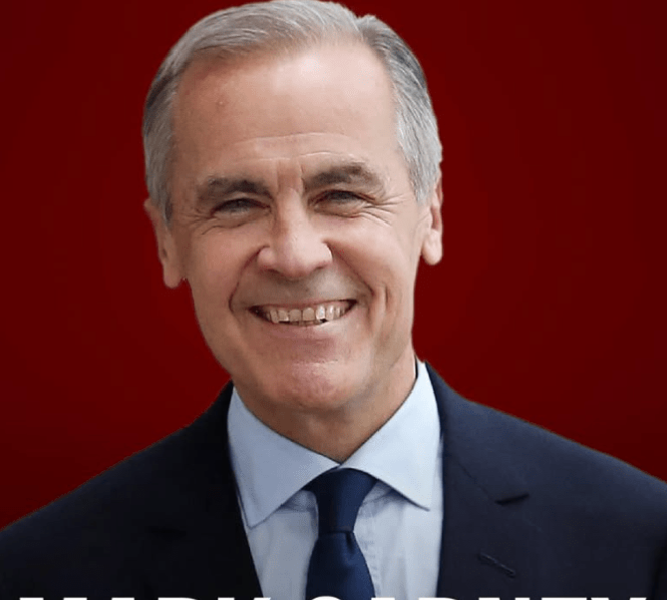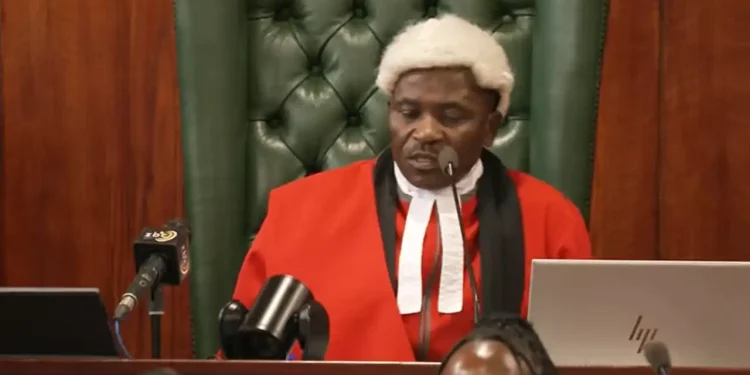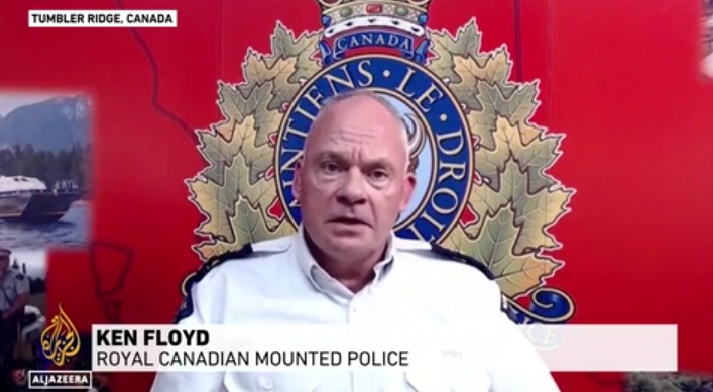Mark Carney clinches Liberal Leadership, Set to Become Canada’s Next PM. By Dally Iyamu

Mark Carney clinches Liberal Leadership, Set to Become Canada’s Next PM

Former central banker will be only the second prime minister in Canadian history without a seat in Parliament
Mark Carney, the former central banker who oversaw responses to financial crises in North America and the UK, will become the next prime minister of Canada after winning the race to lead the country’s federal Liberal Party.

Carney, 59, takes on the role as Canada faces a potentially catastrophic trade war with the US, long its closest ally and largest trading partner. Last week, Donald Trump announced a 25% tariff on all Canadian goods, with exceptions for the automotive and energy sectors.
The tariffs have the potential to push Canada’s fragile economy into recession.
“America is not Canada. And Canada never, ever will be part of America in any way, shape, or form,” Carney told supporters, laying bare the existential crisis that has outraged Canadians, strained the longstanding relationship with the US, and promises to be the defining issue of his leadership.

Carney said that while Canada had not sought this conflict, “We will win.”
Before the announcement, outgoing Prime Minister Justin Trudeau electrified the crowd, telling Liberals he was “damn proud” of his government’s legacy.
But he warned of dangerous times ahead. “This is a nation-defining moment. Democracy is not a given. Freedom is not a given. Even Canada is not a given,” he told supporters.
He also invoked the “elbows up” rallying cry originally from ice hockey legend Gordie Howe and recently popularised amid Trump’s threats to annex Canada to intense applause.
It remains unclear when Carney, who served as Governor of the Bank of Canada from 2008 to 2013 and Governor of the Bank of England from 2013 to 2020, will assume office.
Trudeau and the new Liberal leader are expected to hold discussions in the coming days to determine the outgoing prime minister’s final day in office.
With 85.9% of the vote, Carney defeated former Finance Minister Chrystia Freeland, former Government House Leader Karina Gould, and former Member of Parliament Frank Baylis.
Carney has followed an unusual path to power; he will be only the second prime minister in Canadian history without a seat in the House of Commons.
While no rule bars this, convention suggests he will need to quickly announce plans to run for a federal seat.
He will also be the first Liberal prime minister from Western Canada, a significant factor in a country politically divided along geographical lines.
Throughout his campaign, Carney positioned himself as an outsider, despite longstanding ties to the Liberal Party, including serving as an economic adviser to Trudeau.
His decisive victory foreshadowed by strong fundraising and key endorsements from senior cabinet members with vast organising networks could reinvigorate the incumbent Liberals.
In recent weeks, the party has reversed its political decline, rebounding to such an extent that a previously expected Conservative majority in the next general election now appears increasingly unlikely.




